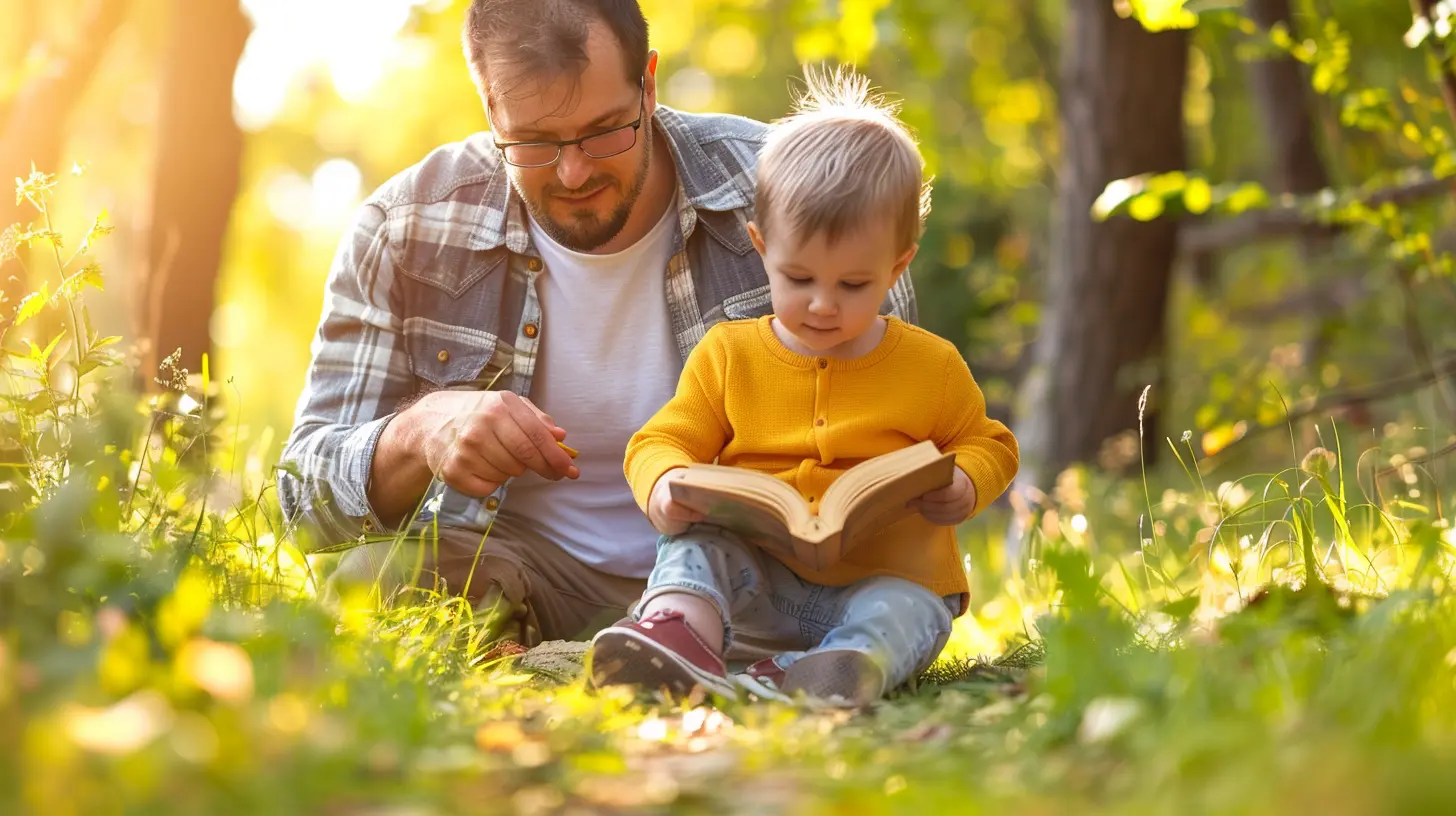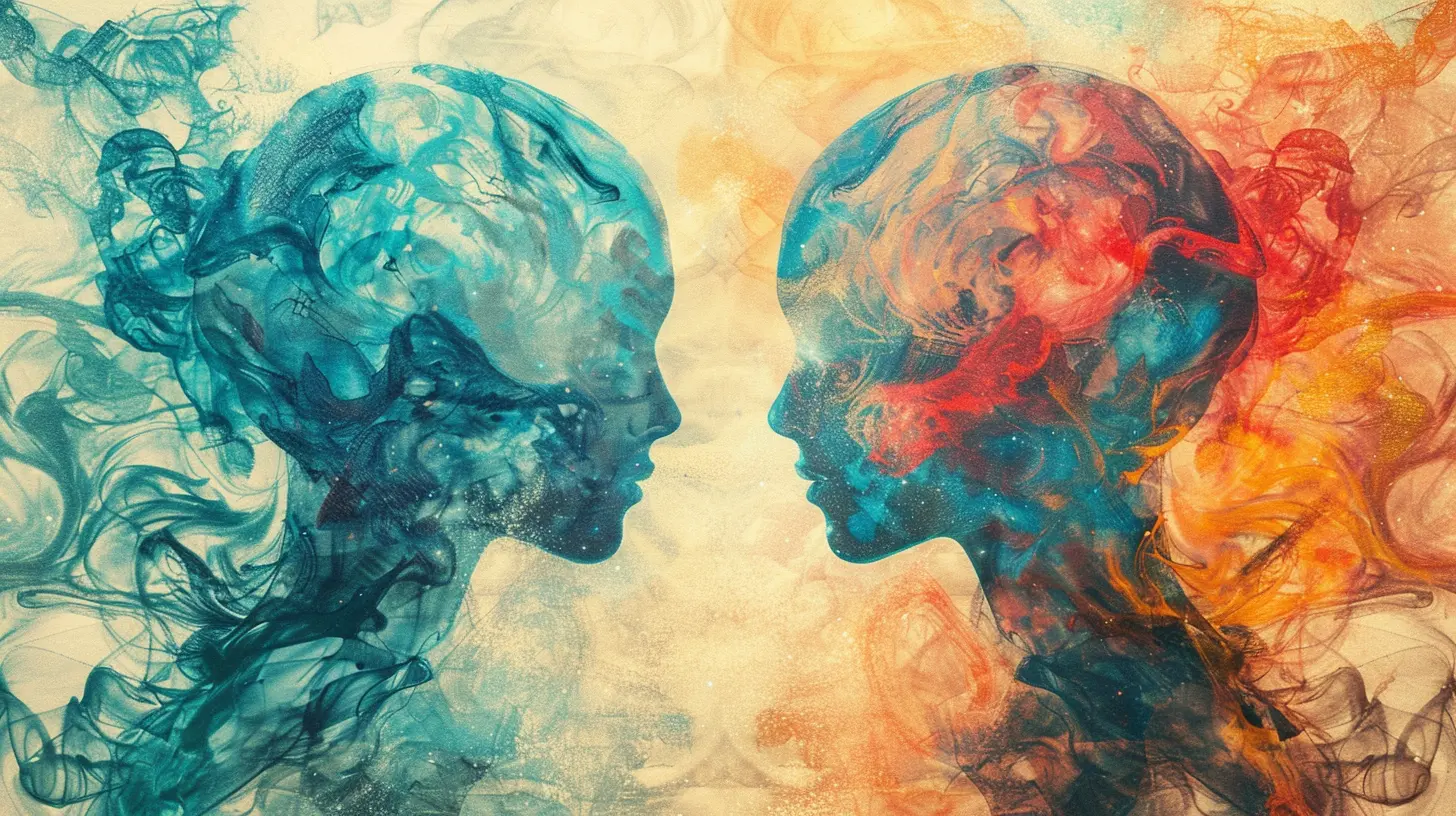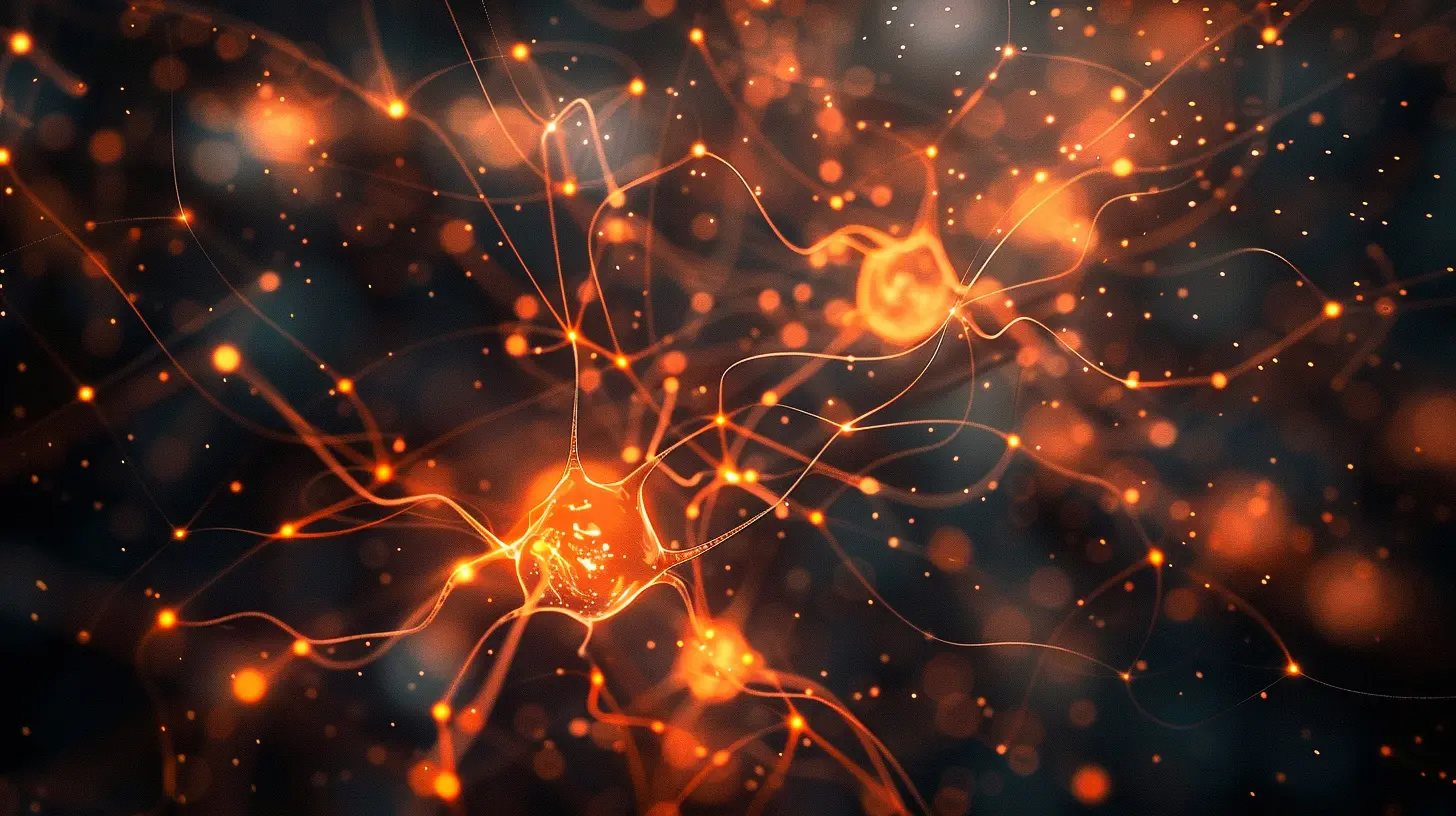The Neuroscience of Attachment: Why Early Bonding Matters
4 July 2025
Have you ever wondered why your earliest relationships shape so much of who you become? The way you connect, relate, love, fear, and even cope with stress—it all ties back to something deep-rooted: attachment. And we're not just talking about warm fuzzy feelings here. We're talking neurons, brain circuits, and powerful chemical cocktails coursing through your brain in the early years of life.
In this article, we're diving into the fascinating realm of neuroscience to unpack why early bonding matters more than you might think. This isn't just about psychology—it's about how our brains are wired from the get-go, and how those early connections become the blueprint for our future selves.

What Exactly Is Attachment?
In the simplest terms, attachment is the emotional bond that develops between a child and their caregiver—typically a parent. But it's more than just cuddles and lullabies. It's the child’s first taste of love, safety, and connection.Now here’s the twist: Attachment is not just a feeling—it’s a biological process. Your brain is literally wired to form attachments, and the quality of those attachments can shape your emotional blueprint for life.

The Science Behind Attachment: It's All in the Brain
You might think babies are just tiny humans waiting to grow up. But from the moment they’re born, their brains are like sponges—taking in experiences, especially social ones. These experiences literally sculpt their neural pathways.The Amygdala: Your Emotional Alarm System
Meet the amygdala—your brain's "danger detector." It's crucial in processing emotions, especially fear and threat. In infancy, the amygdala is hyper-sensitive, picking up on stress and negative emotions, especially if a caregiver isn't responsive or nurturing.When a caregiver consistently responds with love and affection, the amygdala learns that the world is safe. But if a child is neglected or senses emotional coldness, the amygdala becomes overactive. This can lead to a lifelong tendency to feel anxious, fearful, or hypervigilant.
The Prefrontal Cortex: Your Emotional Manager
This part of your brain is like the CEO—it helps regulate emotions, make decisions, and control impulses. But guess what? It doesn't fully develop until your mid-20s. In children, it learns how to regulate emotions based on interactions with caregivers.Early secure attachments help strengthen this area, teaching kids to manage their feelings in healthy ways. Insecure or inconsistent bonding can impair development, which may lead to issues with emotional control later on.
The Oxytocin Factor: The Love Hormone
Oxytocin, sometimes called the “bonding hormone” or “cuddle chemical,” plays a huge role in attachment. It floods the brain during positive interactions like gentle touch, eye contact, and soothing voices.When a baby is held and comforted, their brain releases oxytocin, reinforcing feelings of trust and connection. Over time, this builds a feedback loop. More connection leads to more oxytocin, which leads to more connection. Think of it like a love-powered neural Wi-Fi signal getting stronger with every snuggle.

Why Early Bonding Is So Critical
Okay, so how much does early bonding actually matter? Spoiler alert: A lot. Those first few years are like the foundation of a house. If the concrete is strong and level, everything built on top stands firm. If it’s cracked or shaky—well, problems are bound to surface.Brain Development in Early Life
The human brain grows at an insane rate during the first few years. By age three, it’s already 80-90% of its adult size. During this time, the brain is constantly wiring itself based on experience.When a baby feels safe and loved, the brain builds strong neural connections for trust, empathy, and emotional resilience. But when bonding is inconsistent or negative, the brain may prioritize survival over connection—leading to emotional and behavioral challenges later in life.
Emotional Literacy Starts Early
Emotional regulation, empathy, trust, and even self-esteem all begin developing in infancy. Kids learn how to interpret emotions and respond to them by watching and interacting with the adults around them.Imagine watching a foreign film with no subtitles. That’s what it's like for a child with no secure attachment—they see emotions and reactions around them, but have no idea how to read or respond to them. Secure bonding gives them the "subtitles" they need to understand the emotional world.
Stress Response and Cortisol
Ever heard of cortisol? It's the body’s primary stress hormone. In children with insecure attachments, cortisol levels tend to stay elevated. This chronic stress can actually alter brain development and harm areas like the hippocampus—crucial for memory and learning.On the flip side, secure attachments help moderate stress. When a loving caregiver calms an upset child, it teaches the nervous system how to self-soothe. That’s emotional resilience in the making.

The Different Styles of Attachment
Here’s where it gets interesting. Not all attachments are created equal. Psychologists have identified four main attachment styles:1. Secure Attachment: These kids feel safe, understood, and comforted. They trust that their caregivers will be there when needed.
2. Anxious Attachment: These kids often feel unsure about whether their needs will be met. They can become clingy or overly dependent.
3. Avoidant Attachment: These kids may act independent but often keep emotions hidden. They've learned not to rely on others emotionally.
4. Disorganized Attachment: This style often comes from trauma or abuse. The child feels fear and confusion toward the caregiver.
Your attachment style can stay with you into adulthood, shaping how you handle relationships, intimacy, conflict, and even work dynamics.
Long-Term Impacts of Early Attachment
Let’s fast-forward. It’s not just about childhood—it’s about your whole life. The ripple effect of early attachment touches everything from romantic relationships to how you handle setbacks.Mental Health
Insecure attachments are linked to higher rates of anxiety, depression, and even personality disorders. A securely attached person generally has better emotional regulation, higher self-esteem, and greater resilience.Relationships
Attachment styles hugely influence adult relationships. People with secure attachments are more likely to have healthy, balanced relationships. Insecure styles can lead to issues with trust, jealousy, emotional distance, or codependency.Academic and Career Success
Children with secure bonds are more confident, more curious, and more likely to engage in learning. Later in life, this translates into better focus, persistence, and problem-solving skills—hello promotions and career fulfillment!
Can Attachment Be Repaired?
Now here’s some good news: Attachment isn’t set in stone. Yes, early experiences shape us, but the human brain is incredibly adaptable—a concept known as neuroplasticity.Therapy and Healing
Therapeutic approaches like attachment-based therapy, EMDR, and even simple talk therapy can help rewire old patterns. People can "re-parent" themselves through new, healthier emotional experiences.Secure Relationships in Adulthood
Even if early bonding was lacking, forming secure connections later in life—through a loving partner, mentor, or friend—can begin to heal attachment wounds.Mindful Parenting
If you’re a parent yourself, being aware of these dynamics allows you to break generational cycles. Showing up, being emotionally present, and creating a secure base is one of the best gifts you can give your kids.Practical Tips for Strengthening Attachment
Whether you’re a new parent, an adult seeking healing, or just someone curious about emotional development, here are some simple steps to deepen secure attachments:- Be Present: Put down the phone and focus on the moment. Eye contact, gentle touch, and a warm tone matter.
- Respond with Empathy: Validate feelings, even if you don’t understand them at first.
- Maintain Predictability: Routines build trust. Kids (and adults) thrive on knowing what to expect.
- Repair After Conflict: No one is perfect. The magic often lies in how you make up, not how you mess up.
- Seek Support: Don’t go it alone. Whether it's therapy, parenting groups, or close friendships, find your village.
Final Thoughts
The neuroscience of attachment shows us that love isn't just a feeling—it's a powerful force that sculpts our very brains. Early bonding literally lays down the neurological tracks for how we love, cope, thrive, and connect. But it's never too late to rewrite the script. With awareness, intention, and support, we can all work toward creating secure connections that nourish us—body, mind, and brain.So next time you give a child a hug, listen with your full attention, or hold someone through a rough moment, remember: you're not just offering support. You’re helping shape their brain—and maybe your own—one connection at a time.
all images in this post were generated using AI tools
Category:
ParentingAuthor:

Jenna Richardson
Discussion
rate this article
2 comments
Tia Kirkland
Attachment shapes our very essence, whispering secrets of our past into the fabric of our present. Beneath the surface of nurturing bonds lie uncharted territories of the mind, where love and fear entwine. What hidden truths might your early connections reveal about you?
November 28, 2025 at 5:07 AM

Jenna Richardson
Thank you for your insightful comment! Early connections indeed shape our identity, influencing our emotional landscape and relationships throughout life. Exploring these hidden truths can lead to profound self-discovery and understanding.
Zinnia Summers
Absolutely loved this article! It's fascinating how our early bonds shape our brain wiring. It's like our childhood friendships come with a lifetime warranty for emotional well-being! Who knew that snuggles and playdates were basically brain training? Cheers to strong attachments! 🧠❤️
July 14, 2025 at 2:34 AM

Jenna Richardson
Thank you for your kind words! I'm glad you found the article insightful—early bonds truly do have a lasting impact on our emotional well-being. Cheers to nurturing those connections! 🧠❤️


